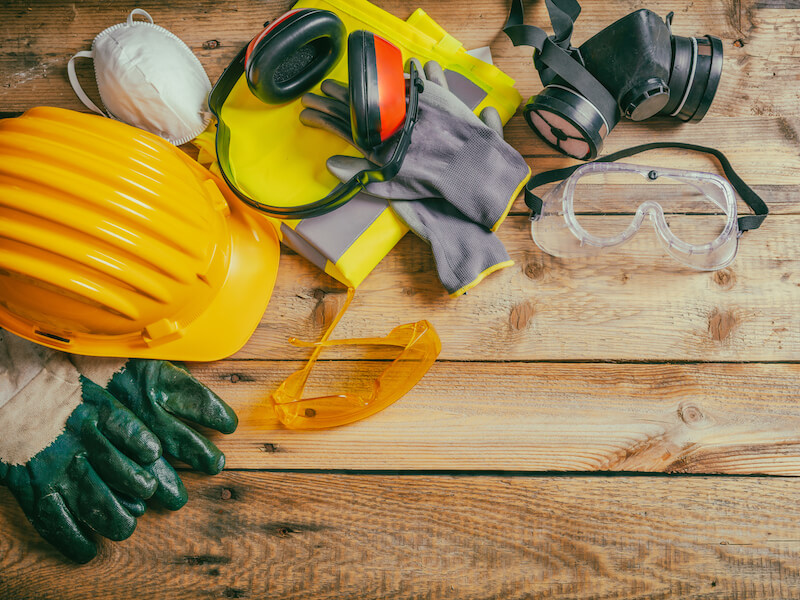
Roughly two million workplace injuries are documented each year. When you think of on-the-job injuries, you might think of flying projectiles or a hand pulled into a piece of machinery at a factory.
But the most common workplace injury is far more insidious and frequently goes unreported. It sneaks up on people really slowly over the course of several years. The injury goes undetected until the effects become impossible to dismiss. People often make excuses. “It will go away” or “I’m just getting older. This response is common.
Many individuals don’t even recognize it was related to their workplace environment.
Hearing damage is this insidious injury. There are numerous warning signs you should identify, and there are important steps you need to take if you suspect the damage is already done.
Exactly When Does The Volume Become “Too Loud”?
Your hearing can be irreversibly damaged with regular exposure to as little as 85 decibels (dB) over a long period. Seventy-five dB, for example, is the average volume of a vacuum. A lawnmower generates 85 dB. A leaf blower or chainsaw creates more than 100 dB. A gunshot is about 140 dB.
Are you at risk when you’re at work? Is the most common workplace injury an issue for you? Over time, your hearing can be damaged if you’re regularly exposed to sound as loud as a lawnmower, even if it’s not continuous.
Signs of Hearing Injury
If you work in a loud environment, there’s no doubt you’re harming your hearing.
Your experiencing hearing loss if you notice any of the following signs:
- When people speak, you tend disengage.
- You experience pain when you hear loud sounds.
- You frequently ask people to repeat themselves when they talk.
- Conversations sound muffled.
- You think people speaking to you are constantly mumbling.
- You can’t understand the person speaking if there’s background sound.
- You confuse consonants – “Todd” sounds like “Dodd,” for example.
- You’re hearing sounds in your ears like ringing, whistling, or hissing.
- Your family and friends tell you your television, radio, or computer tablet volume is too loud.
What Are Employers Doing to Decrease Hearing Damage?
Businesses and organizations are working with the most recent technology to reduce workplace noise in excessively loud environments. Workplace noise will be minimized as new guidelines are being put in place by governments to safeguard workers.
Employees are speaking out as they become mindful of the chronic damage that workplace noise is causing. Further change will come as their voices are heard.
Preventing Further Damage
If you work in a loud environment, the best thing you can do is safeguard your ears before any damage takes place. Wearing protective headphones or earplugs while at work will help decrease potential damage.
If you believe your hearing has been damaged by a noisy workplace, make an appointment for a hearing exam as soon as possible. When you determine the extent of your hearing loss, you will learn how to avoid further damage going forward. We can help you develop strategies to prevent further hearing loss and manage the damage you’ve already experienced.